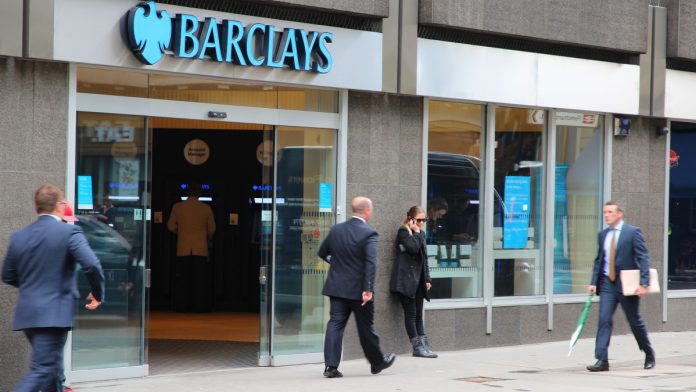Barclays has become the latest UK bank to close the doors on some of its high-street branches, following shutdowns at Lloyds cutbacks at Metro Bank.
The London-based multinational will close 18 locations across the UK with most occurring in May 2024, following a previously announced 16 locations which will shut their doors in February.
Bank closures are becoming increasingly common due to the economic climate but also due to changing customer habits. In an ever-digitising economy, many consumers are instead opting to use online banking services rather than visiting a physical branch.
A Barclays spokesperson explained to media: “Where there is no longer enough demand to support a branch, we maintain an in-person presence through our Barclays Local network, live in over 300 locations, based in libraries, town halls, mobile vans and our new banking pods.
“We also support access to cash with our cashback without purchase service, 24-hour deposit-taking ATMs and by working alongside the Post Office and Cash Access UK.”
A rollback in UK retail banking this year has seen Barclays close 180 locations, whilst Lloyds recently announced that it would shut the door on 45 local branches.
Meanwhile, Metro Bank – which opened in 2010 as a challenger banking brand, with the selling point of providing longer opening hours than other companies – is reviewing its opening hours, whilst cutting 850 jobs.
The situation currently facing Britain’s retail banking sector has been highlighted by an area of concern for the Labour Party, the opposition political party in parliament, with an impending general election likely next year and no later than January 2025.
Labour cited Which? data showing that over 5,000 banks had closed during the 13 years of Conservative Party governance, and has outlined a commitment to open at least 350 local ‘banking hubs’ across the country should it win the election.
Shadow Chancellor of the Exchequer, Rachel Reeves, explained that the policy is based on the principle that ‘wherever you live, you should be able to access cash from a facility like this’.























